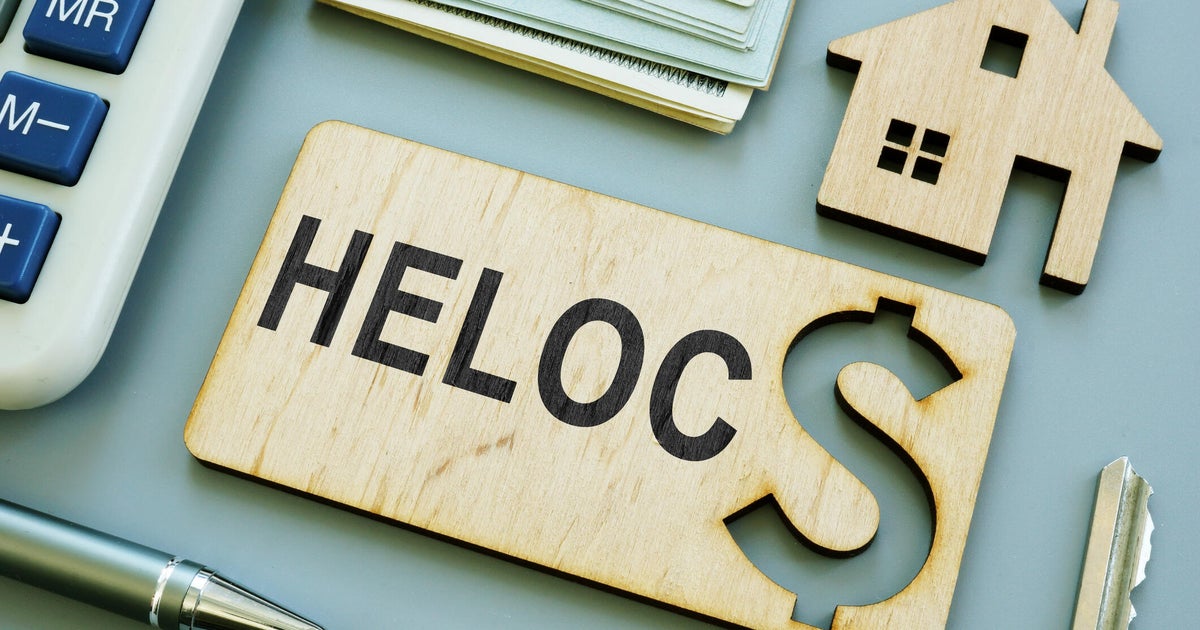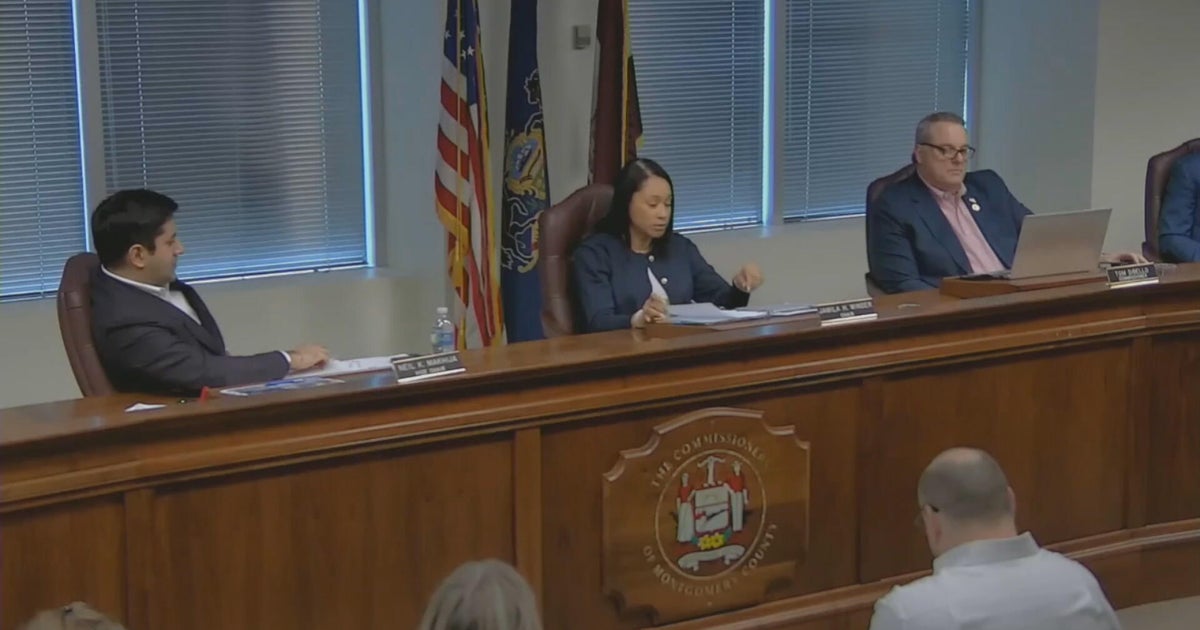Home equity loan vs. cash-out refinance: Which is better in today's rate environment?
Rising interest rates have put pressure on the real estate market, and many participants are unsure about how to manage loans. However, current homeowners may have seen the value of their properties rise recently, and thus they might want to tap into their equity. Still, higher borrowing costs might make that a difficult decision.
For those who do want to access their home equity, one option is to take out a home equity loan, which is commonly known as a second mortgage. Doing so could provide a way to keep your existing mortgage while adding another loan.
Another option is to do a cash-out refinance, where you replace your current mortgage with a new, larger loan. The excess above your mortgage balance can be taken as cash, although you would still pay interest on the full amount borrowed. However, you wouldn't have a second loan, as is the case with a home equity loan.
So, which one should you choose if you want to access your home's equity while being mindful of the current interest rate environment? Below, we'll explore some reasons why you might choose one over the other.
Start by exploring your home equity loan options now to see what rate you could qualify for.
Home equity loan vs. cash-out refinance: Which is better in today's rate environment?
Here's what to consider when matching up a home equity loan and a cash-out refinance in today's economy.
Why a home equity loan may be better now
Part of the decision between a home equity loan and a cash-out refinance is figuring out how much you want to borrow and how you'll pay the loan back.
"If your plan is to be able to pay back most, if not all of what you borrow within one to two years, then a home equity loan may be the better option for you," says Darren Tooley, senior loan officer at Cornerstone Financial Services.
A big reason for that is if you have a relatively low mortgage rate, then it might not make sense to essentially raise your rate by doing a cash-out refinance. Redfin found in June that over 90% of homeowners have a sub-6% mortgage. That's typically much lower than today's cash-out refinance rates.
That said, cash-out refinance rates are often lower than home equity loan rates, but when you take out a home equity loan, you can keep your existing mortgage. Plus, with a home equity loan, you might borrow a smaller amount for a shorter amount of time.
"For these homeowners, a cash-out refinance would mean losing the perhaps once-in-a-lifetime low interest rate on their primary mortgage rate and cause their monthly payment and total interest paid to skyrocket," says Jeff Levinsohn, CEO at House Numbers.
He points to data from the ICE Mortgage Monitor showing that 90% of those who refinanced in August 2023 ended up raising their interest rates by 2.34% on average.
"Another reason that home equity loans may make more sense in the short-term is that they, generally speaking, will have lower fees and/or closing costs than a refinance of an existing mortgage, plus the new amount you plan to borrow," adds Tooley.
Explore your home equity loan options here to see if it makes sense for you.
Why a cash-out refinance may be better in today's rate environment
While a cash-out refinance might not be the best option for those with existing low mortgage rates, more recent homeowners might have borrowed at higher rates and thus might be better off with a cash-out refinance.
"If a homeowner's interest rate on their first mortgage is above 6% and they're looking to access a significant amount of equity, a cash-out refinance is more likely to be the right choice," says Levinsohn.
It's also possible that those who want to borrow a substantial amount find it's less expensive overall to do a cash-out refinance.
"In such circumstances, it's crucial for homeowners to meticulously calculate the aggregate monthly payments to determine which option is financially less burdensome," says Levinsohn.
For those who don't have an existing mortgage, such as those who finished paying off their homes, a cash-out refinance could also be a better option than a home equity loan.
Cash-out refinances act as primary mortgages, which are generally less risky to lenders than second mortgages, i.e., home equity loans. So, cash-out refinances typically have lower rates than home equity loans, making the former often a better option for those without a current mortgage, explains Levinsohn.
Some homeowners might also find it easier to qualify for cash-out refinances, although that doesn't mean you should ignore the risk of taking on more debt.
"Since a home equity loan would be a second lien on the property, and in instances where a property was to go into foreclosure, it would only be paid back after the existing senior lien is paid in full, which means that potentially it may not be paid back in full or paid back at all," says Tooley. "Due to this additional risk, many lenders and investors could have tougher qualifying criteria like higher credit score requirements, stiffer debt-to-income limits as well as capped loan-to-value."
Explore your mortgage refinancing options here to learn more.
Consider what works for you
Figuring out whether to take out a home equity loan or a cash-out refinance is a highly personal decision. While there might be some situations where one is generally more favorable than the other, it all comes down to personal factors like your current mortgage rate and the rates you qualify for.
"Home equity loans are different than standard mortgages because they are not government insured like FHA, VA, or USDA loans, nor do they follow most Fannie Mae and Freddie Mac requirements. As a result of this, home equity loan terms and requirements can vary quite a bit from lender to lender, so the best way to figure out what is best for you is to start making calls to compare," says Tooley. You can easily compare home equity rates and lenders here now.
You also might find that other types of financing, like a home equity line of credit (HELOC), work better for your situation, such as if you want to borrow in smaller increments over time. Consider speaking with a trusted real estate or financial advisor who can help you determine what makes sense for you.




